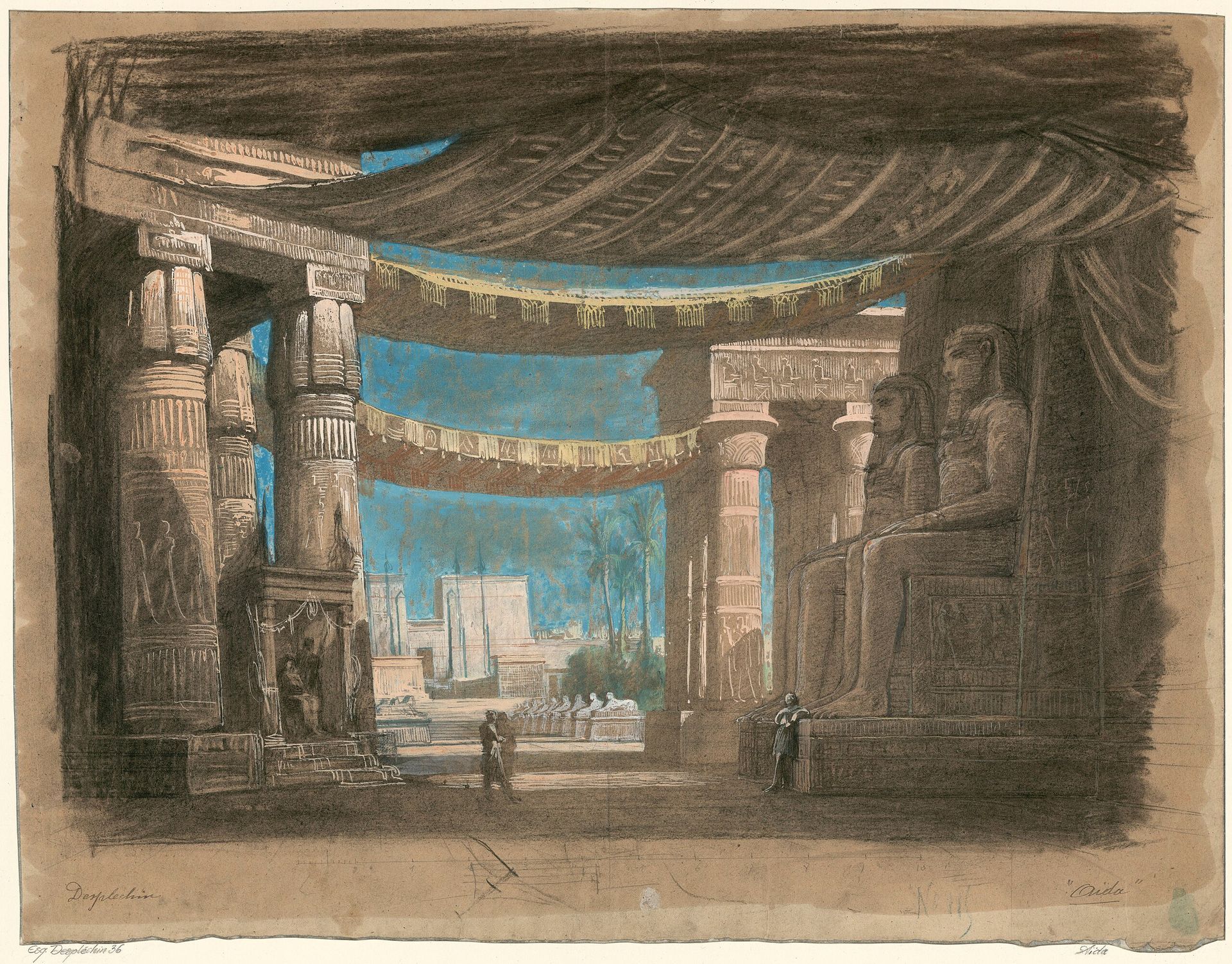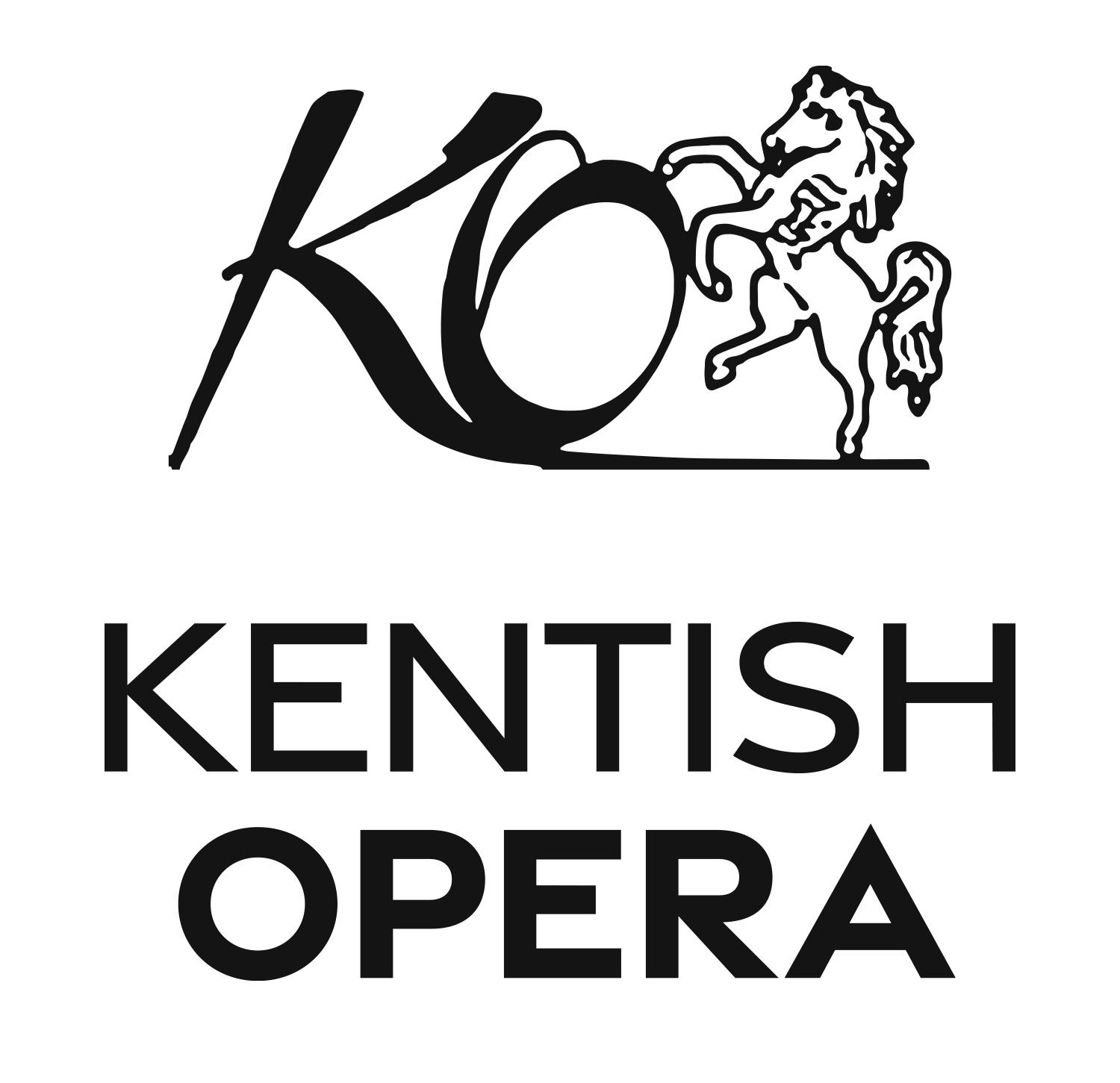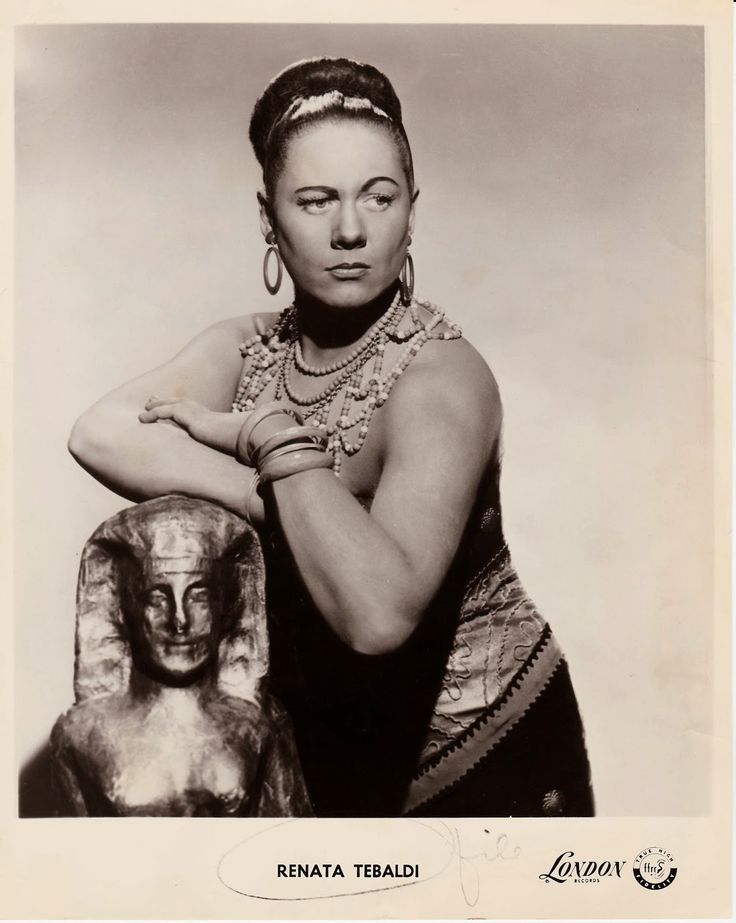

Aida: A Recorded History by Giles Davies
26th March 2024
Giles has sung with Kentish Opera a number of times, appearing in The Yeomen of the Guard as Jack Point and Opera at the Castle in 2023. He joins us for Aida as the Pharaoh, and gives us a short history of Aida recordings to look out for.
With the advent of recorded sound and the gramophone, Aida was first recorded in 1906. Since then, counting both studio and commercially available radio recordings, Verdi’s grandest of operas has received in the region of 270 recordings, making it possibly the most recorded Italian opera of all time.
One of the most notable early pre-electric Italian recordings is from La Scala in 1928 (Columbia), conducted by Lorenzo Molajoli. Selections from the opera were recorded with the great Italian soprano Giannina Arangi-Lombardi, long-forgotten today but one of the very finest singers of her generation in the title role.
The conductor Arturo Toscanini was without question one of the finest Verdians of his generation. His recordings of the composer's late operas are still considered classics today, despite boxy mono sound from NBC Radio broadcasts. Toscanini played the cello at the age of 20 at the premiere of Verdi's Otello under the composer's own direction. The first opera he would conduct was Aida, when he stepped in for an indisposed maestro. An obsessive rehearser with highly demanding standards, he was also known for tempestuous outbursts if singers and players were not on form. He would also hum and grumble audibly during performances, which has considerably irritated many reviewers over the years. Toscanini’s performances with many of the finest opera singers of the day are notable for intense dramatic drive, a wide dynamic range and attention to the smallest details.
At the time of his Aida recording in 1949 (NBC Studio-8H), soprano Herva Nelli sang the title role. Nelli regularly worked with Toscanini and enjoyed a good career at the Metropolitan Opera in New York and in Europe although she was somewhat eclipsed by Zinka Milanov, who for many, was the greatest Aida of her generation. Additionally, two younger sopranos who were to make the title role their own - Renata Tebaldi and Maria Callas - were already well-known on the international opera circuit at this time. Maria Callas recorded the title role alongside the famous baritone Tito Gobbi with La Scala Milan and Tullio Serafin (EMI, 1951). Renata Tebaldi also sang a memorable version of the title role with Herbert von Karajan and the Vienna Philharmonic (Decca, 1959). Of Karajan’s three recordings of Aida, this first version with Tebaldi is generally regarded as his best.
The conductor Erich Leinsdorf is considered to have produced one of the finest early stereo versions of Aida with Leontyne Price and Plácido Domingo in 1971, recorded in London with the London Symphony Orchestra and the John Alldis Choir (RCA). Although he belonged to the next generation of classic recordings, he maintained a direct musical trajectory back to the composer as he had assisted Arturo Toscanini in his early career.
A few years later in 1974, the EMI team would also record
Aida in London, with Monserrat Caballe in the title role and again with Plácido Domingo, with the New Philharmonia Orchestra and the chorus of the Royal Opera House, directed by Riccardo Muti. Muti’s version was included in EMI’s ‘Great recordings of the century’ series, reissued on compact discs in 2001. The original review in Gramophone magazine stated: “An outright winner. Muti is the undoubted hero, so compelling is his interpretation of the score, and there are no weaknesses in his cast, which features five of the biggest operatic ‘names’ of the day.’"

Want to sing?
We love people to join in so do get in touch!
Contact info
Contact Ian Alexander on ianalexander107@msn.com
Or email our Membership Secretary Jacqui on kentishopera@gmail.com
Join our mailing list
Join our mailing list
We will get back to you as soon as possible
Please try again later




